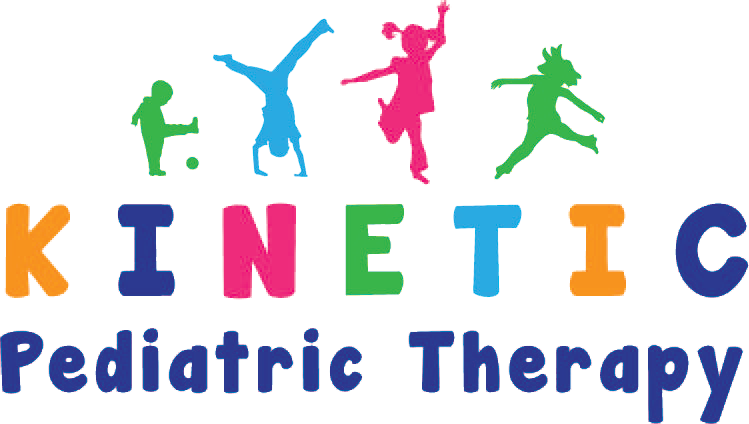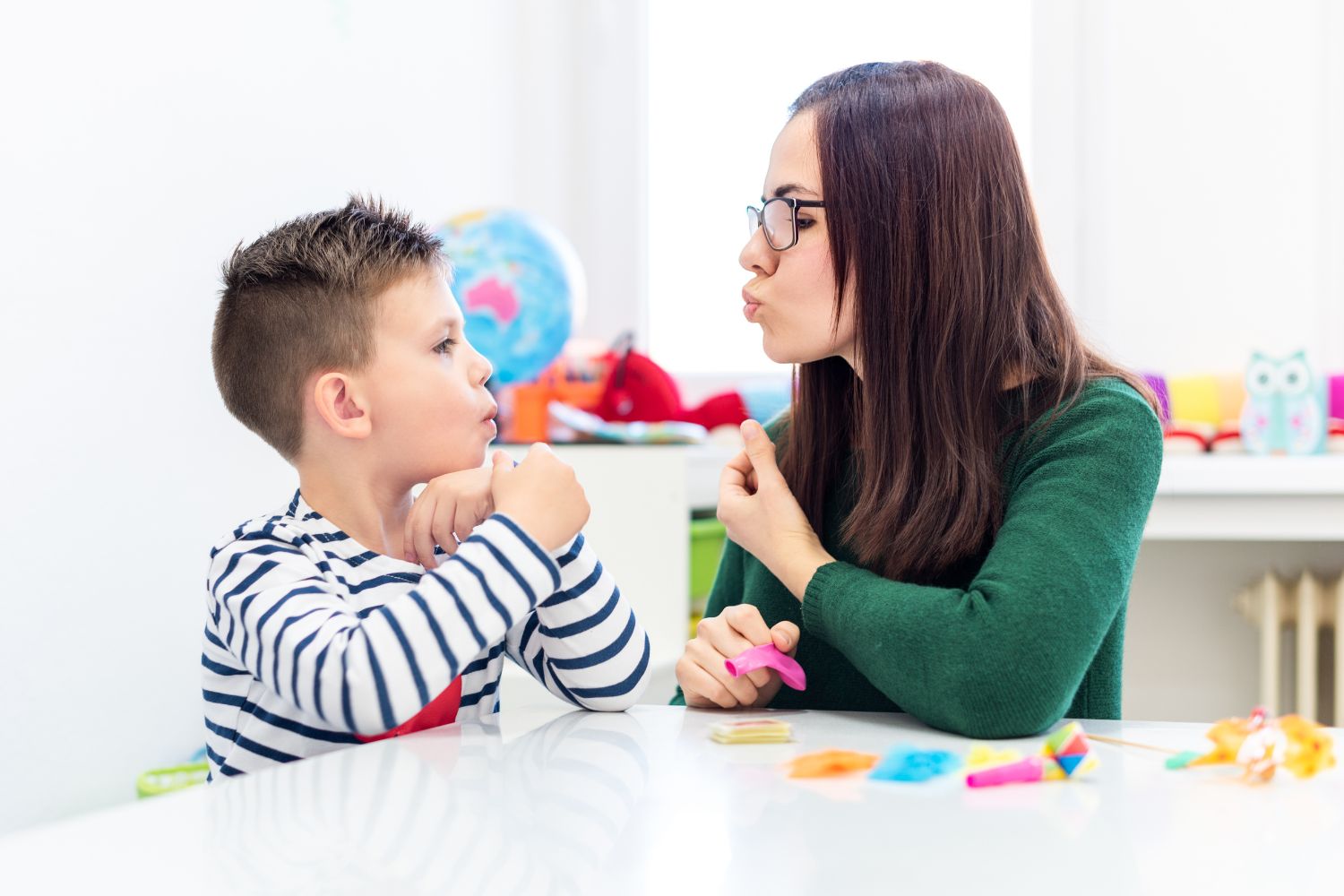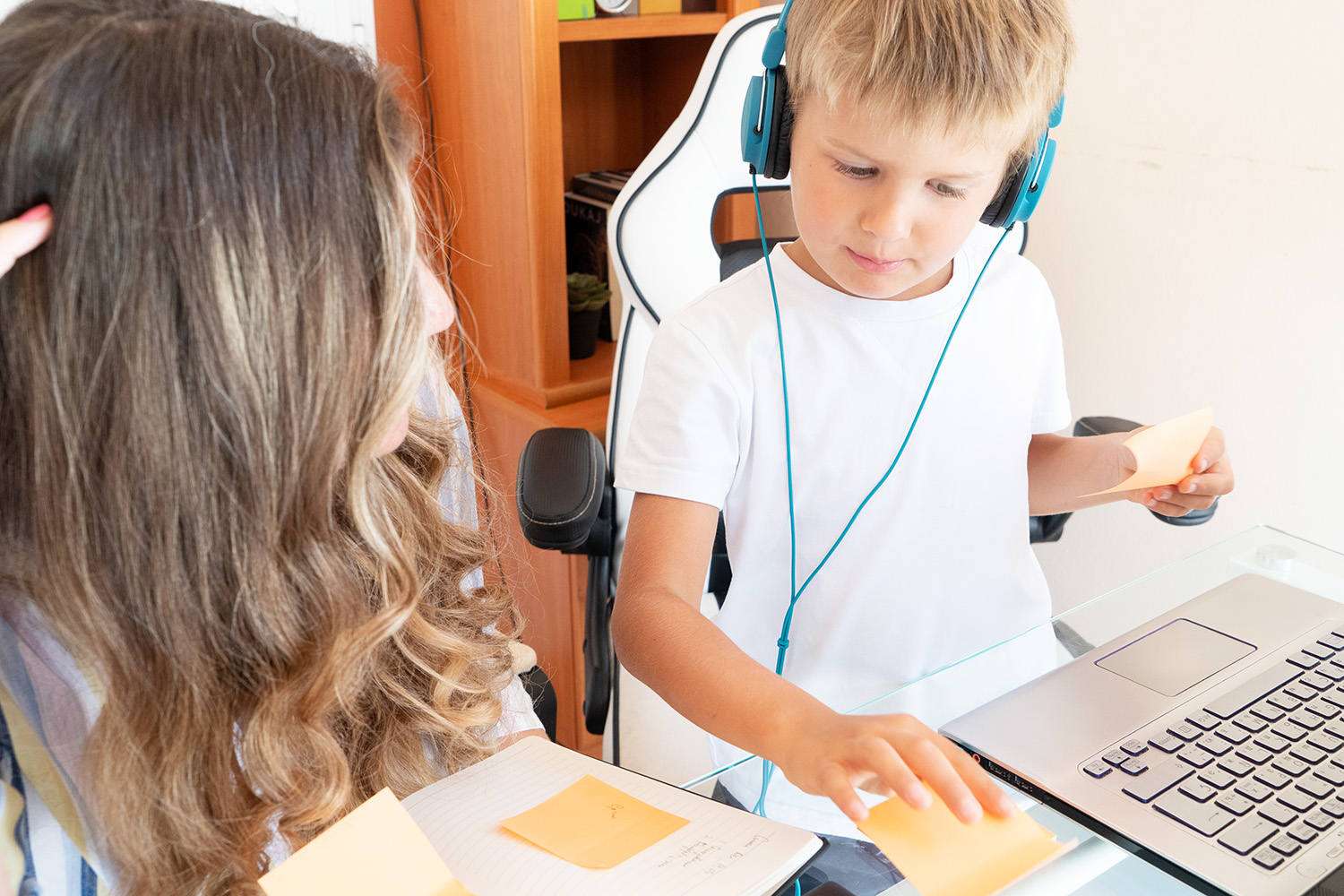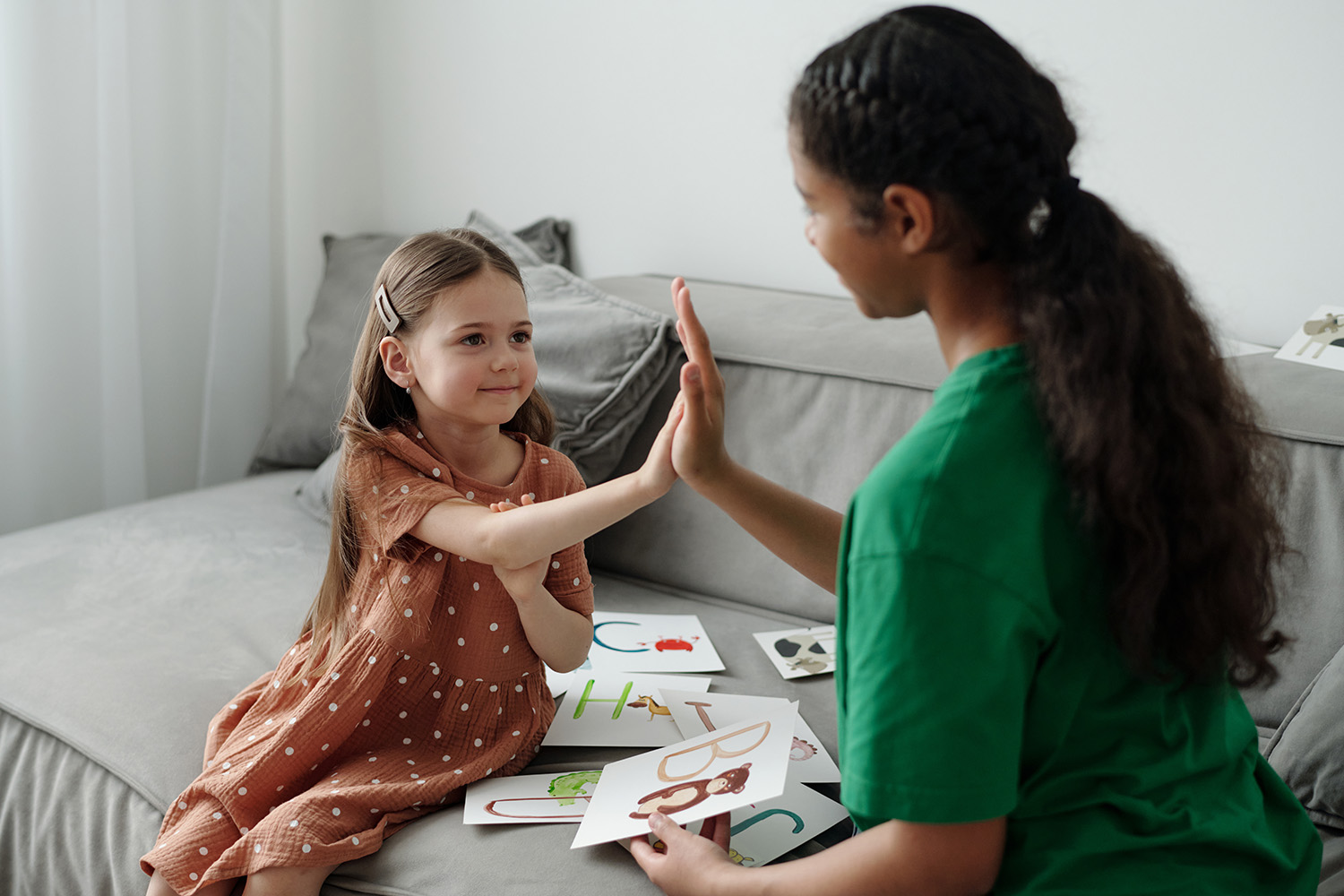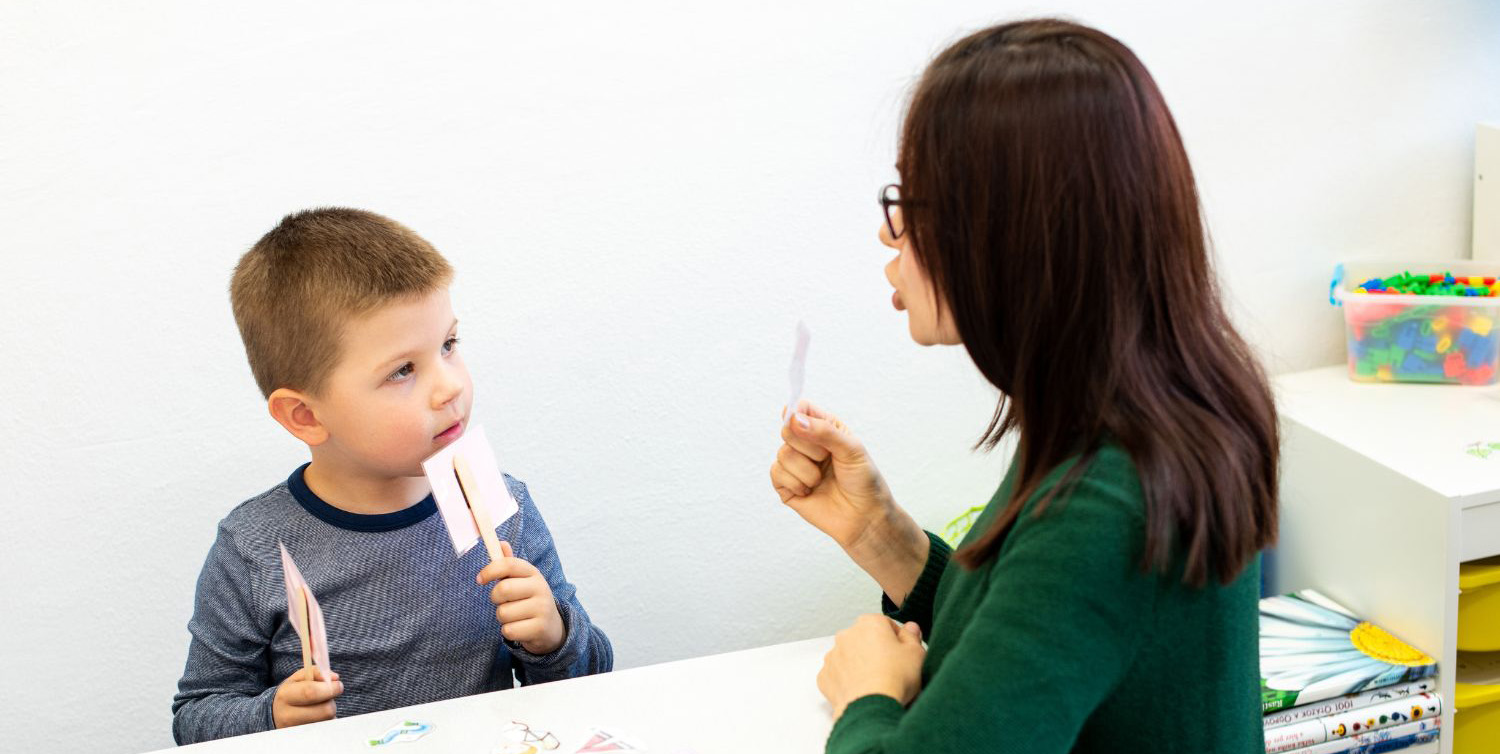
Speech Therapy Collaboration with Parents and Teachers
Tips for Effective Communication and Carryover of Skills
Speech Therapy Collaboration plays a vital role in ensuring children with speech and language challenges receive the consistent support they need to succeed both in school and at home. At Kinetic Pediatric Contract Therapy, we emphasize the importance of partnership among therapists, parents, and teachers to maximize the effectiveness of speech therapy services. Effective communication and skill carryover across environments are key to empowering children to reach their full potential.
From our experience working with school systems throughout North Carolina, we’ve seen firsthand how strong speech therapy collaboration can transform a child’s progress. This blog post explores practical tips to help families and educators work together seamlessly with speech therapists, creating a cohesive support network for every student.
Why Speech Therapy Collaboration Matters
Successful speech therapy requires more than just sessions with a therapist. Children spend most of their time at home and school, so incorporating communication practice into daily routines is crucial. When parents and teachers collaborate effectively with therapists, children benefit from:
- Consistent reinforcement of skills
- Improved generalization of communication abilities
- Increased motivation and confidence
- Enhanced understanding of each child’s unique communication needs
This partnership helps bridge the gap between therapy sessions and real-world application, fostering long-term success.
Tips for Effective Speech Therapy Collaboration
To establish and maintain effective speech therapy collaboration, parents and teachers can follow these key strategies:
- Maintain Open and Regular Communication
Clear communication channels between therapists, parents, and educators are essential. Regular updates on the child’s progress, goals, and strategies ensure everyone is on the same page. Consider:
- Scheduling consistent check-ins via phone, email, or virtual meetings
- Sharing daily or weekly communication logs
- Using school communication apps to exchange notes and observations
- Set Shared Goals
When families, teachers, and therapists collaboratively set achievable, measurable goals, it strengthens the child’s support system. Parents and educators can provide valuable insight into the child’s communication challenges and strengths across settings, enabling the therapist to tailor interventions appropriately.
- Learn and Practice Therapy Techniques at Home and in the Classroom
Therapists often recommend specific activities or exercises to reinforce new skills. Parents and teachers should actively engage in these techniques to promote carryover. Ask the therapist for demonstrations or training sessions to feel confident implementing the strategies effectively.
- Encourage Consistency and Routine
Children thrive on consistency. Incorporate speech practice into daily routines both at home and school. For example:
- Using visual schedules with communication prompts
- Incorporating language-rich activities like reading aloud or interactive games
- Setting specific times for focused speech exercises
- Foster a Positive, Supportive Environment
Celebrate small victories and maintain a positive attitude toward progress. Encouragement from parents and teachers boosts children’s self-esteem and willingness to participate in speech therapy activities.
Speech Therapy Collaboration: The Role of Parents
Parents are a child’s first and most influential teachers. Their involvement in speech therapy collaboration is crucial for extending therapy benefits beyond the clinical setting.
Parents can:
- Observe therapy sessions when possible to understand techniques and goals
- Incorporate suggested speech exercises during playtime, meals, or daily routines
- Advocate for their child’s needs by communicating openly with educators and therapists
- Provide feedback about what strategies are working or need adjustment
By partnering closely with therapists, parents help create a supportive home environment that reinforces communication growth.
Speech Therapy Collaboration: The Role of Teachers
Teachers interact with children throughout the day and play a key role in monitoring and supporting communication skills in academic and social contexts.
Educators can:
- Share classroom observations and challenges with therapists
- Integrate speech goals into lesson plans and classroom activities
- Use visual supports, assistive technology, and other tools recommended by therapists
- Encourage peer interactions to practice social communication skills
Their collaboration with therapists ensures speech goals align with academic requirements and social development.
Overcoming Challenges in Speech Therapy Collaboration
Despite the best intentions, speech therapy collaboration can sometimes face obstacles such as scheduling conflicts, communication breakdowns, or lack of resources. Here are ways to address common challenges:
- Establish flexible communication methods (email, texts, virtual meetings) to accommodate busy schedules
- Designate a point person (parent, teacher, or therapist) to coordinate updates and information sharing
- Use technology platforms that streamline communication and documentation
- Seek training opportunities to build confidence in using speech therapy strategies
- Emphasize a team mindset focused on the child’s best interests
The Impact of Strong Speech Therapy Collaboration
When parents, teachers, and therapists work together effectively, children experience a smoother journey toward improved communication skills. This integrated approach leads to:
- Faster achievement of speech goals
- Greater ability to use skills in multiple settings
- Improved academic performance and social interactions
- Enhanced self-confidence and independence
At Kinetic Pediatric Contract Therapy, our mission is to foster collaborative partnerships that empower children to thrive. Through our school-based speech therapy services, we prioritize open communication and teamwork to ensure every child receives personalized care tailored to their unique needs.
How to Get Started with Speech Therapy Collaboration
If you’re a parent or teacher looking to enhance speech therapy collaboration, start by reaching out to your child’s speech therapist to discuss ways you can support therapy goals. Ask for resources, training, and feedback on progress. Remember, your involvement makes a significant difference in your child’s communication development.
🗣️ Give your students the gift of clear communication with expert Pediatric Speech Therapy! Kinetic Pediatric Contract Therapy provides personalized speech therapy services to schools throughout North Carolina, helping children improve their speech, language, and communication skills. Our experienced speech therapists work closely with educators and families to ensure every child receives the support they need to thrive both academically and socially. Empower your students to find their voice—bring our Pediatric Speech Therapy services to your school today and watch them succeed!
Please Share
